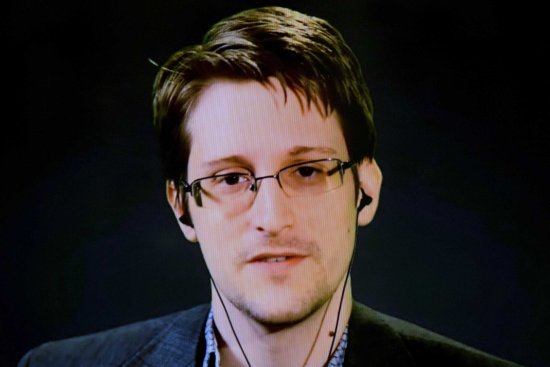
But he says the U.S. has yet to respond
Edward Snowden says he has offered multiple times to serve prison time as part of a plea deal allowing him to return to the United States, but, he says, U.S. authorities have yet to respond to the proposed deal.
The former National Security Agency contractor, whose leaks revealed NSA programs that monitored the public’s cell phone activity and Internet traffic and sparked a global debate about government surveillance, has been living under asylum in Moscow.
“I’ve volunteered to go to prison with the government many times. What I won’t do is I won’t serve as a deterrent to people trying to do the right thing in difficult situations,” Snowden told the BBC in an interview conducted in Moscow. At present the full interview is unavailable for viewing outside the U.K. Snowden did not indicate how much time he would be willing to spend in prison.
“So far, they’ve said they won’t torture me, which is a start, I think, but we haven’t gotten much further than that,” he said. Snowden said his offers have been met with silence thus far. “We’re still waiting for them to call us back,” he told the BBC.
Snowden has been charged in the United States with violations of the Espionage Act for revealing classified information, though former Attorney General Eric Holder, President Barack Obama and others have said they welcome the debate the leaks fueled.
In the interview, Snowden also discussed a number of surveillance technologies available to intelligence services including the GCHQ—Britain’s communications surveillance agency—that allow intelligence services to remotely turn on or off a cell phone and to turn a cell phone mic on to eavesdrop without the owner’s knowledge.
[BBC]